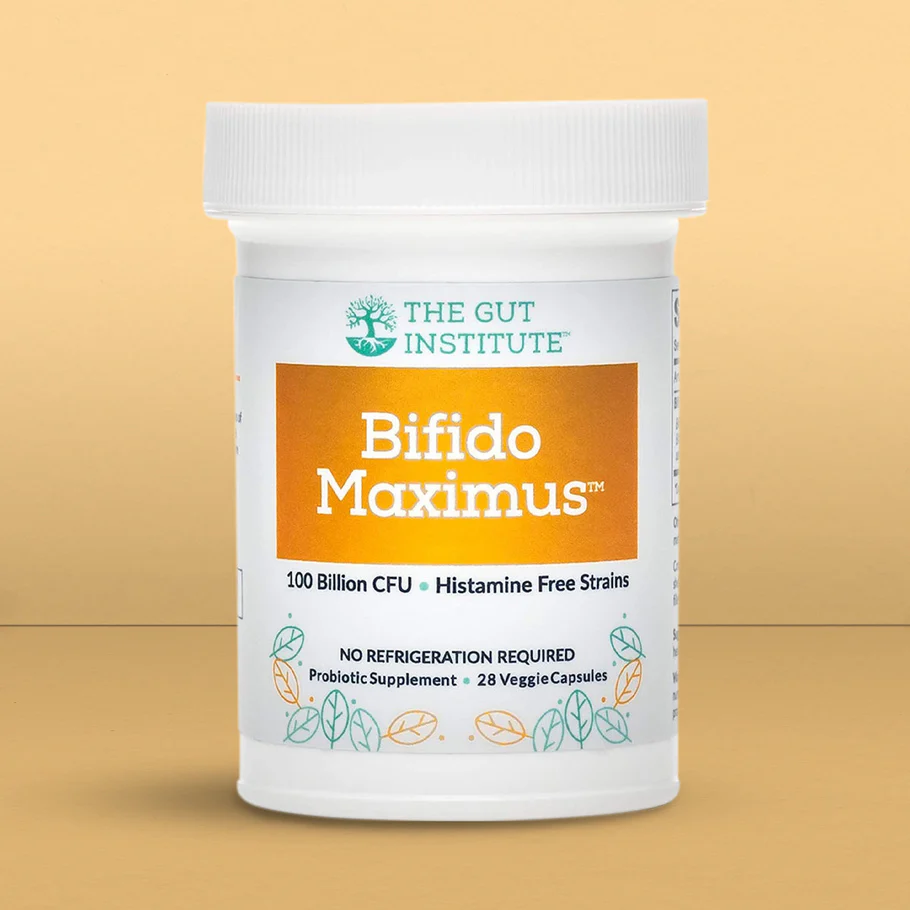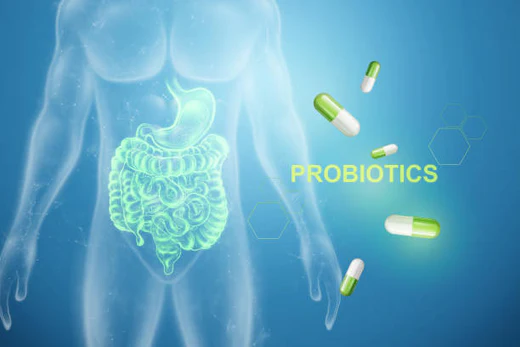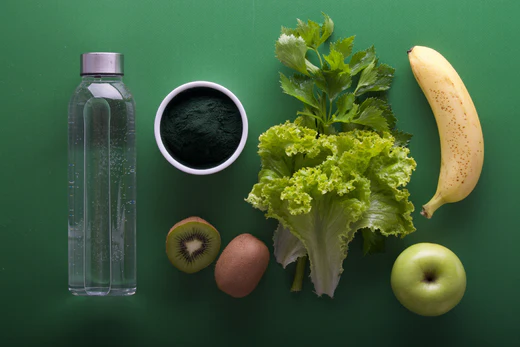https://youtube.com/shorts/38AJBqirmCc?si=9cN11F6SMusDm_f-
Gut permeability, often called “leaky gut syndrome,” is a condition where the gut lining becomes more porous than it should be. This allows things like undigested food particles, toxins, and pathogens to pass into the bloodstream, triggering inflammation and a host of health problems. But here’s the thing—diet plays a huge role in either helping or harming this balance.
Let’s dive into how your food choices can impact gut permeability and, by extension, your overall health.
What Is Gut Permeability?
Your gut lining is like a security system. It decides what gets into your bloodstream and what stays out. When it’s functioning well, you absorb nutrients while keeping harmful substances at bay. But when the lining is compromised, its tight junctions—those little gates between cells—start to loosen. This can lead to problems like:
- Chronic inflammation
- Autoimmune issues
- Food allergies and sensitivities
- Hormonal disruptions
- Brain fog and mood changes
How Diet Affects Your Gut
- Foods That Help the Gut
✓ Probiotic: Think fruits, veggies, whole grains, and legumes. These are prebiotic powerhouses that feed your good gut bacteria.
✓ Fermented Foods and Probiotic: Yogurt, kefir, sauerkraut, and miso deliver probiotics to help balance your gut flora.
✓ Omega-3 Fats: Found in fish, flaxseeds, and walnuts, these reduce inflammation and support gut health.
✓ Bone Broth: Packed with collagen and glutamine to repair the gut lining. - Foods That Hurt the Gut
✘ Processed Foods: These are often full of artificial additives and refined sugars, which can inflame your gut.
✘ Excessive Alcohol: It weakens the gut lining and disrupts your microbiome.
✘ Gluten (for some people): Gluten may trigger the release of zonulin, a protein that makes your gut more permeable.
✘ Too Much Sugar: It feeds bad bacteria and yeast, leading to an imbalance.
Why People Feel Better Changing Diets
Here’s something interesting: if someone’s gut is leaky, they’re eventually going to react to whatever they’re eating regularly—whether it’s meat, plants, or something else.
- For Carnivores: If someone on a mostly meat diet develops gut permeability, they often have an overgrowth of harmful pathogens. Removing plants may make them feel better temporarily because it avoids triggering their gut. Adding more meat might feel like the solution, but it’s really just managing symptoms, not fixing the problem.
- For Vegans: Vegans with gut issues might develop sensitivities to certain plant foods over time. When they cut out meat and focus on different plants, they’ll likely feel better—but again, this is addressing symptoms rather than the root cause.
Both approaches can provide temporary relief, but the real solution lies in repairing the gut lining and restoring microbiome balance.
The Gut Microbiome Connection
Your gut is home to trillions of bacteria that play a crucial role in keeping your gut lining strong. A diverse microbiome:
- Produces compounds like butyrate that repair tight junctions
- Regulates inflammation
- Protects against harmful pathogens
Your diet directly affects this balance. Eating a variety of nutrient-dense, plant-based foods promotes diversity, while a processed or monotonous diet can do the opposite.
How to Heal and Support Your Gut
- Eat the Right Foods: Load up on prebiotics and probiotics.
- Hydrate Well: Water supports your gut’s mucosal lining.
- Avoid Triggers: Limit processed foods, sugar, and alcohol.
- Consider Supplements: Probiotics and gut-healing nutrients like glutamine can help, but always check with a healthcare provider first.
- Manage Stress: Chronic stress can wreak havoc on your gut. Practices like yoga, meditation, or even a walk outside can make a big difference.
The Bottom Line
Gut health isn’t about picking a dietary camp—it’s about understanding how your food choices interact with your gut’s condition. If your gut lining is compromised, you might react to foods you once loved. The good news? By focusing on repairing your gut and diversifying your diet, you can build a stronger, healthier foundation for your overall well-being.
At the end of the day, it’s not about meat vs. plants—it’s about listening to your body, supporting your microbiome, and giving your gut the tools it needs to thrive.







